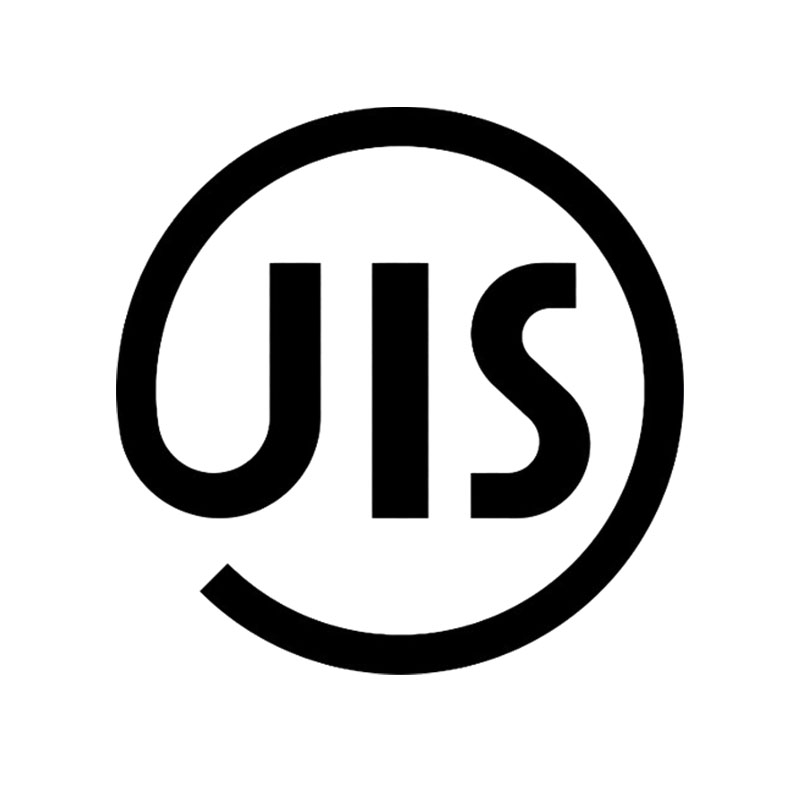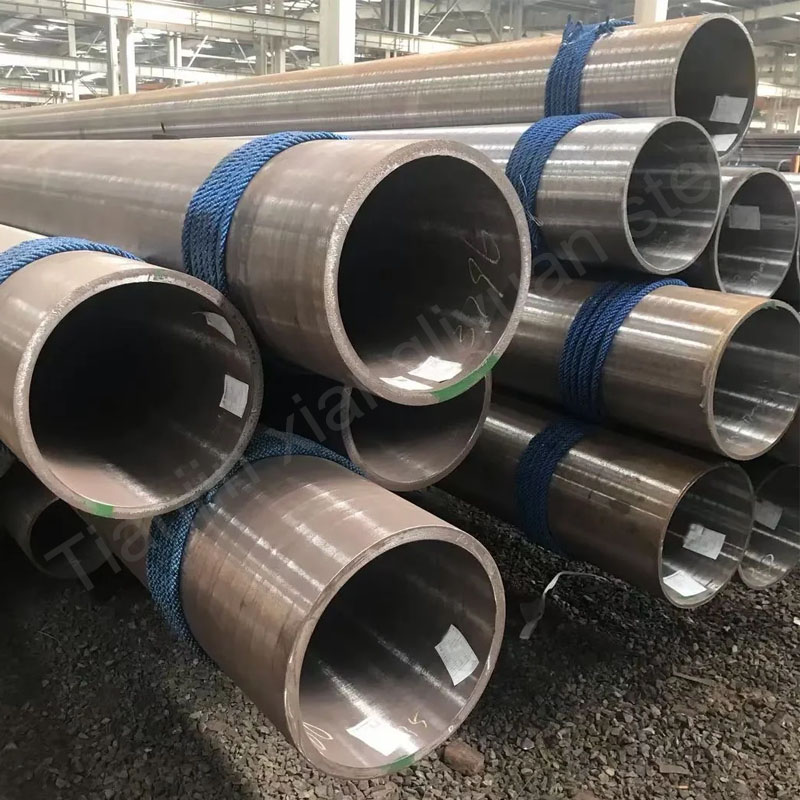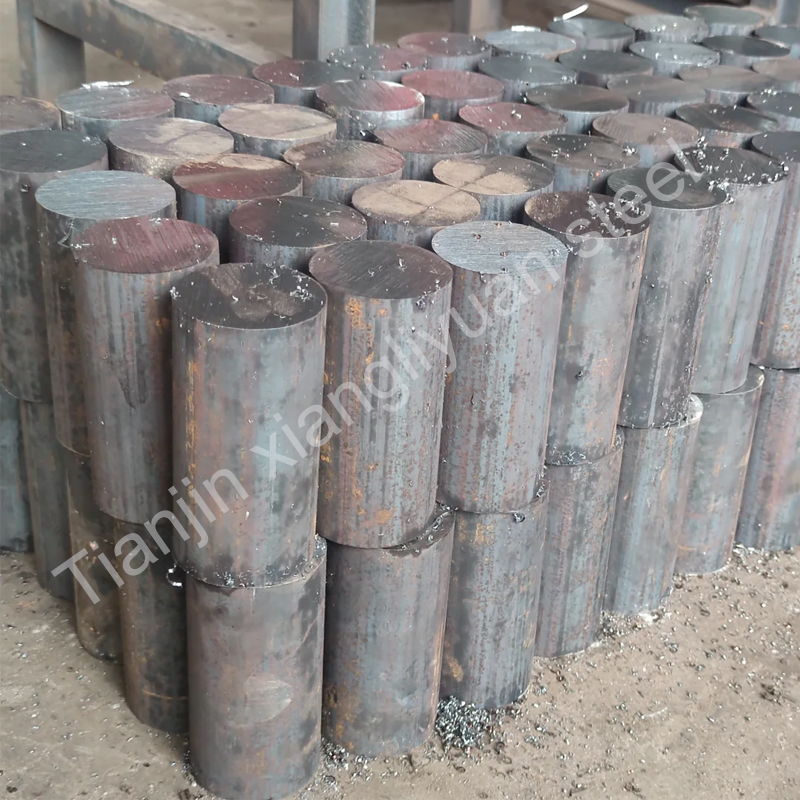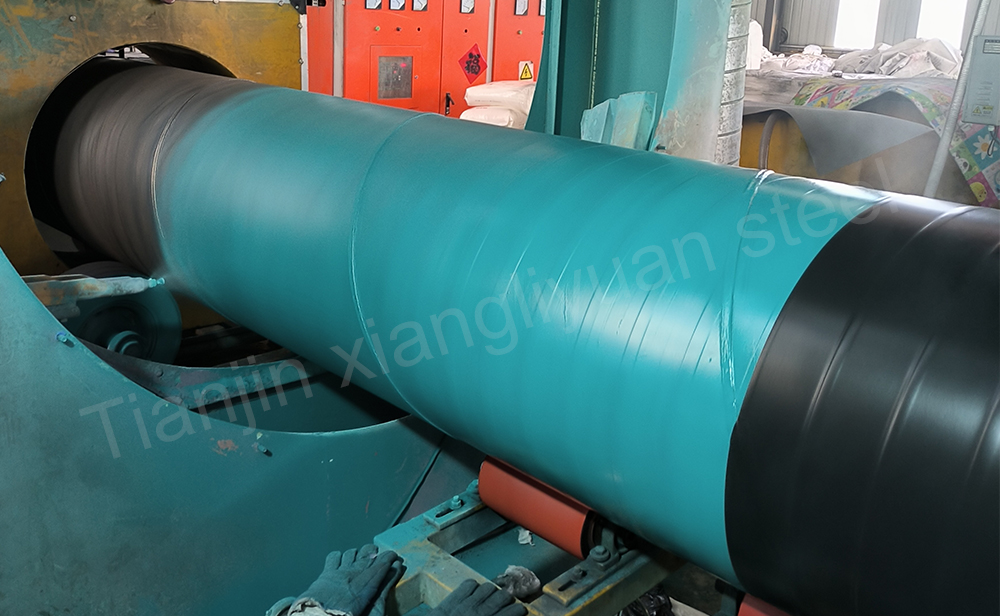JIS (Japanese Industrial Standards) provides systematic guidance for the production and application of steel pipes.
JIS covers steel pipes made of a variety of materials, including carbon steel, stainless steel, alloy steel, etc. Each material is classified into different steel grades according to its chemical composition and mechanical properties. Common steel pipe material standards include:
Carbon steel: such as JIS G 3444 (carbon steel pipe for general structure) and JIS G 3452 (carbon steel pipe for general transportation).
Stainless steel: such as JIS G 3463 (stainless steel pipe for boilers and heat exchangers).
Alloy steel: such as JIS G 3472 (resistance welded carbon steel pipe for automotive structure).
The manufacturing method of steel pipes varies according to application requirements, and JIS covers a variety of manufacturing processes, including:
Seamless steel pipe: manufactured by hot rolling or cold drawing, often used in high-pressure environments, such as boiler and pressure vessel pipes (JIS G 3454).
Resistance welded steel pipe: manufactured by resistance welding process, usually used in automobile structure or pipeline, such as JIS G 3472.
Spiral welded steel pipe: suitable for the production of large-diameter steel pipe, mainly used for transporting oil and natural gas.
Steel pipes are classified according to their use and shape in the JIS standard, mainly including:
Structural steel pipes: such as JIS G 3444, generally used for structural purposes such as buildings and bridges.
Transport steel pipes: such as JIS G 3452, used to transport liquids, gases and other media.
Pressure steel pipes: such as JIS G 3454, suitable for occasions such as boilers and pressure vessels that need to withstand high pressure.
Stainless steel pipes: such as JIS G 3463, suitable for environments that require corrosion resistance.
The steel grade of steel pipes is usually defined by their chemical composition and mechanical properties (such as tensile strength, yield strength, elongation, etc.). The JIS standard specifies different steel grades for each type of steel pipe to meet the needs of different applications. For example: Carbon steel grade: STK400 and STK490 specified in JIS G 3444 represent carbon steels of different strength grades.
Stainless steel grade: SUS304 and SUS316 in JIS G 3463 represent stainless steels of different compositions and corrosion resistance.
Steel pipes are widely used according to different application scenarios, and JIS standards have specific requirements for steel pipes for different purposes:
Building and structure: such as steel pipes under JIS G 3444 standard, which are widely used in building structures, bridges, towers, etc.
Transportation pipelines: such as JIS G 3452, suitable for the transportation of liquids or gases such as water, gas, and oil.
Automotive industry: such as steel pipes under JIS G 3472 standard, used for the manufacture of automotive structural parts.
High pressure and corrosion resistant environment: such as JIS G 3463 stainless steel pipes, used in boilers, heat exchangers and other high temperature, high pressure or corrosive environments.
Through JIS standards, the production and application of steel pipes are uniformly regulated, ensuring the consistency and reliability of product quality. Specific standards and requirements will vary depending on the specific application scenarios and needs, so the corresponding JIS standards should be carefully referred to when selecting steel pipes.






